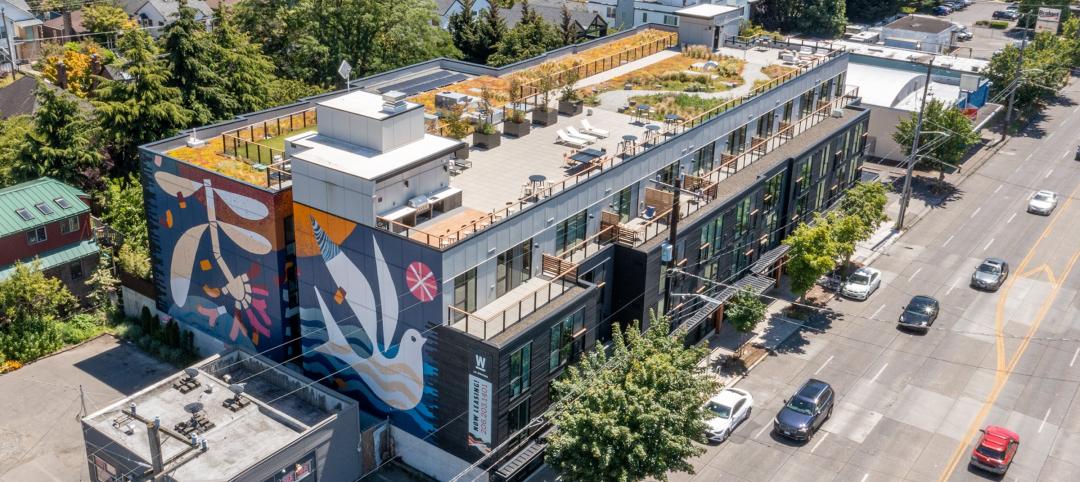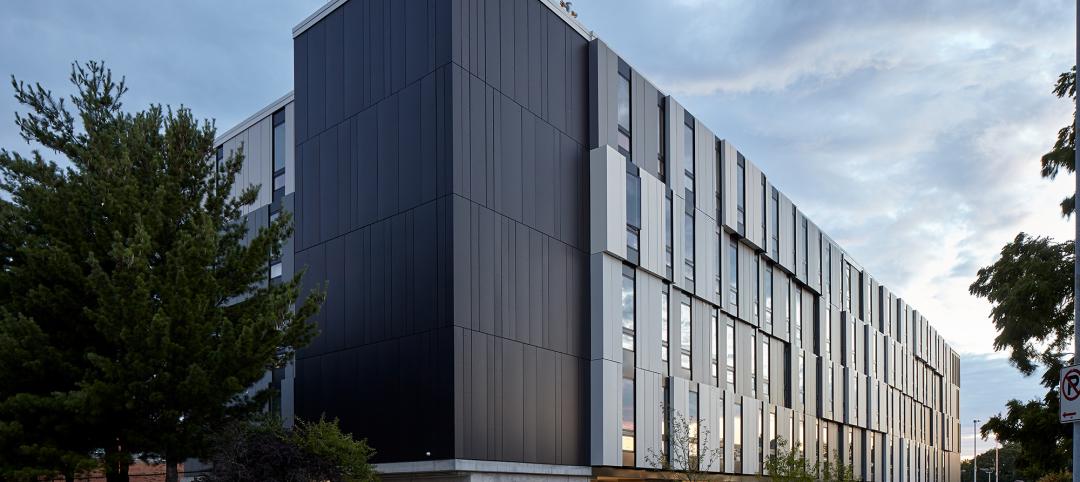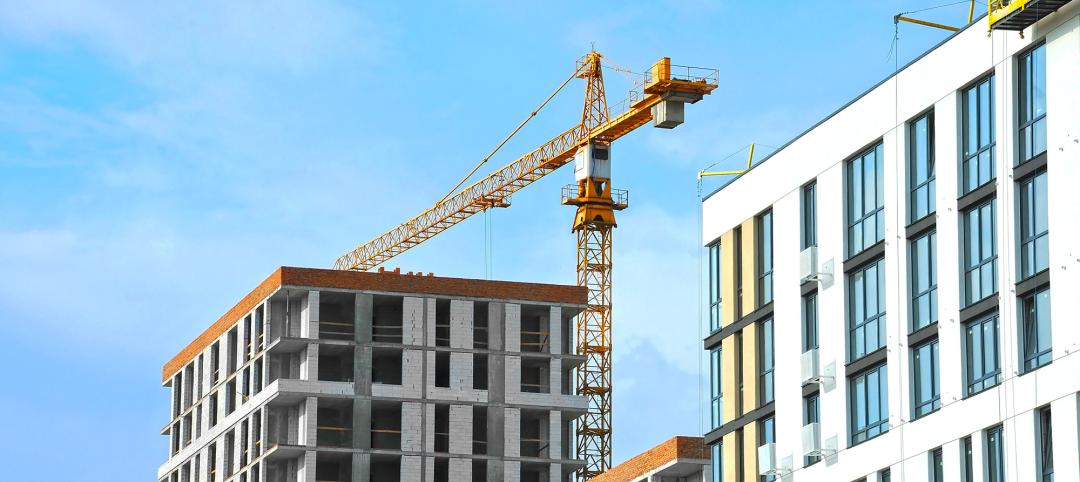Two members of the U.S. House of Representative have asked the Department of Housing and Urban Development to end the use of biometric technology, including facial recognition, for surveillance purposes in public housing.
Congresswomen Maxine Waters and Ayanna Pressley say that the technology could inaccurately identify residents of color leading to wrongful penalties. The effect could be to harass or punish residents for minor rule infractions, they asserted.
“These policies run directly counter to the goal of increasing housing stability and fairness through HUD-provided housing, which is all the more critical in light of the devastating housing crisis facing our nation,” the lawmakers wrote. “Your agency must act in this critical moment to ensure public housing and HUD-assisted housing residents are not targeted by these discriminatory surveillance systems.”
Multiple studies of facial recognition technology have pointed to divergent error rates across demographic groups, with women of color the least likely to be accurately identified. A 2018 Massachusetts Institute of Technology study found that three commercially released facial analysis programs had a margin of error of between 20% and 34% when identifying dark skinned women, compared to 0.8% or lower for light-skinned men.
Related Stories
Adaptive Reuse | Aug 28, 2024
Cities in Washington State will offer tax breaks for office-to-residential conversions
A law passed earlier this year by the Washington State Legislature allows developers to defer sales and use taxes if they convert existing structures, including office buildings, into affordable housing.
Affordable Housing | Aug 27, 2024
Not gaining community support is key barrier to more affordable housing projects
In a recent survey, builders and planners cited difficulty in generating community support as a key challenge to getting more affordable housing projects built. The survey by coUrbanize found that 94% of respondents tried to gain community input and support through public meetings, but many were frustrated by low attendance. Few respondents thought the process was productive.
Adaptive Reuse | Aug 22, 2024
6 key fire and life safety considerations for office-to-residential conversions
Office-to-residential conversions may be fraught with fire and life safety challenges, from egress requirements to fire protection system gaps. Here are six important considerations to consider.
MFPRO+ New Projects | Aug 20, 2024
Seattle workforce housing project inspired by geology of eastern Washington
J.G. Whittier Apartments, a workforce housing project in Seattle uses the geology of eastern Washington as inspiration for the design. The architecture and interior design celebrate geometric anomalies found in nature. At the corners of the building, blackened wood siding “erodes” to expose vibrant murals underneath.
MFPRO+ News | Aug 14, 2024
Report outlines how Atlanta can collaborate with private sector to spur more housing construction
A report by an Urban Land Institute’s Advisory Services panel, commissioned by the city’s housing authority, Atlanta Housing (AH), offered ways the city could collaborate with developers to spur more housing construction.
Modular Building | Aug 13, 2024
Strategies for attainable housing design with modular construction
Urban, market-rate housing that lower-income workers can actually afford is one of our country’s biggest needs. For multifamily designers, this challenge presents several opportunities for creating housing that workers can afford on their salaries.
MFPRO+ Research | Aug 9, 2024
Apartment completions to surpass 500,000 for first time ever
While the U.S. continues to maintain a steady pace of delivering new apartments, this year will be one for the record books.
Affordable Housing | Aug 7, 2024
The future of affordable housing may be modular, AI-driven, and made of mushrooms
Demolished in 1989, The Phoenix Ironworks Steel Factory left a five-acre hole in West Oakland, Calif. After sitting vacant for nearly three decades, the site will soon become utilized again in the form of 316 affordable housing units.
MFPRO+ News | Aug 1, 2024
Canada tries massive incentive program to spur new multifamily housing construction
Canada has taken the unprecedented step of offering billions in infrastructure funds to communities in return for eliminating single-family housing zoning.
MFPRO+ New Projects | Jul 31, 2024
Shipping containers converted into attractive, affordable multifamily housing in L.A.
In the Watts neighborhood in Los Angeles, a new affordable multifamily housing project using shipping containers resulted in 24 micro-units for formerly unhoused residents. The containers were acquired from a nearby port and converted into housing units at a factory.

















